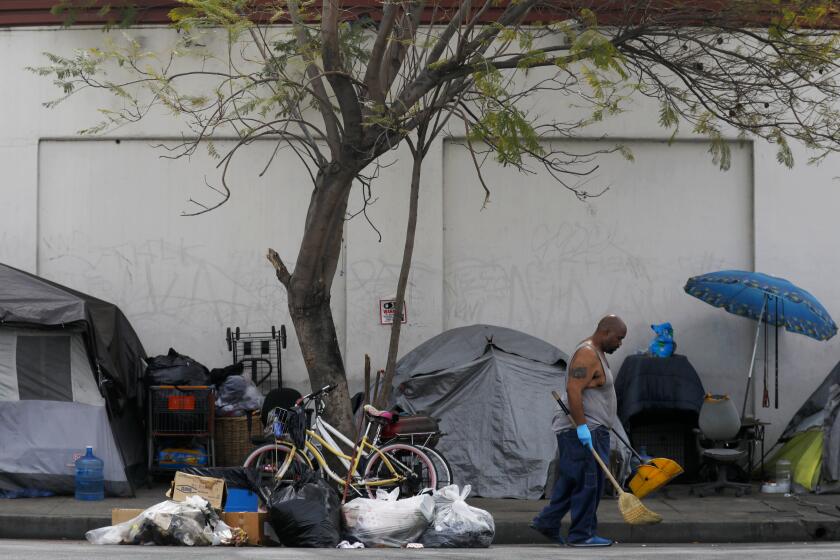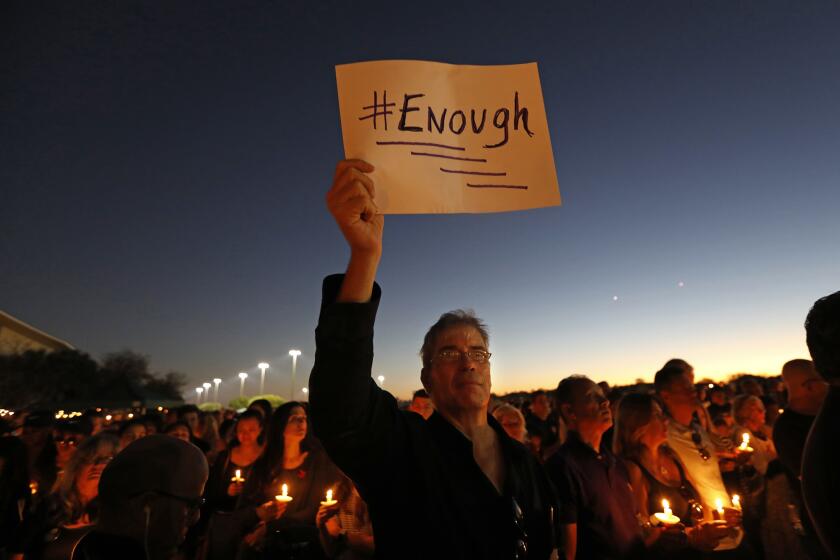How would Democratic debate candidates fix the housing and homelessness crises?
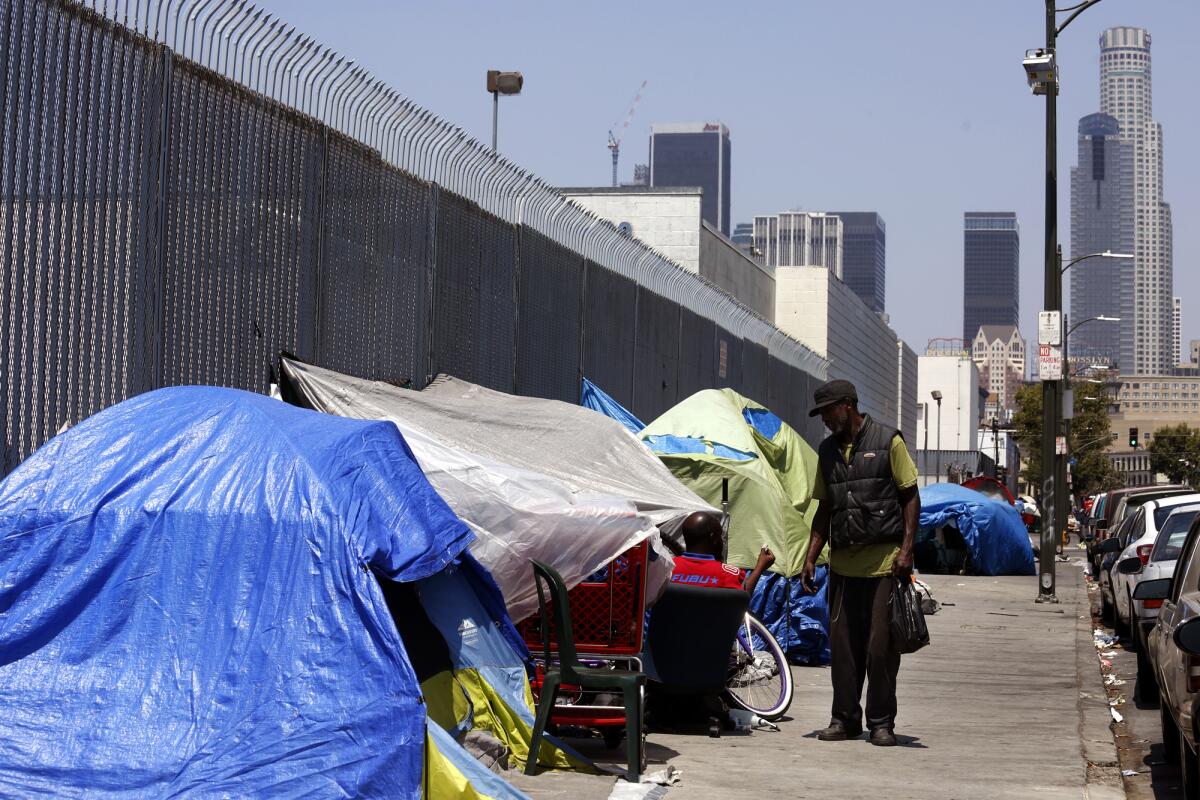
The surge in homelessness in Los Angeles, San Francisco and other West Coast cities has troubled many Americans as rents have risen further out of reach for those with the least. Yet most of the Democrats running for president rarely mention the housing crisis that has struck hardest in regions with a high cost of living.
Some candidates have released bold and costly plans to increase access to low-cost housing. Others, at least so far, have promised little or nothing. Here are the proposals from the seven candidates on the debate stage in Los Angeles on Thursday:
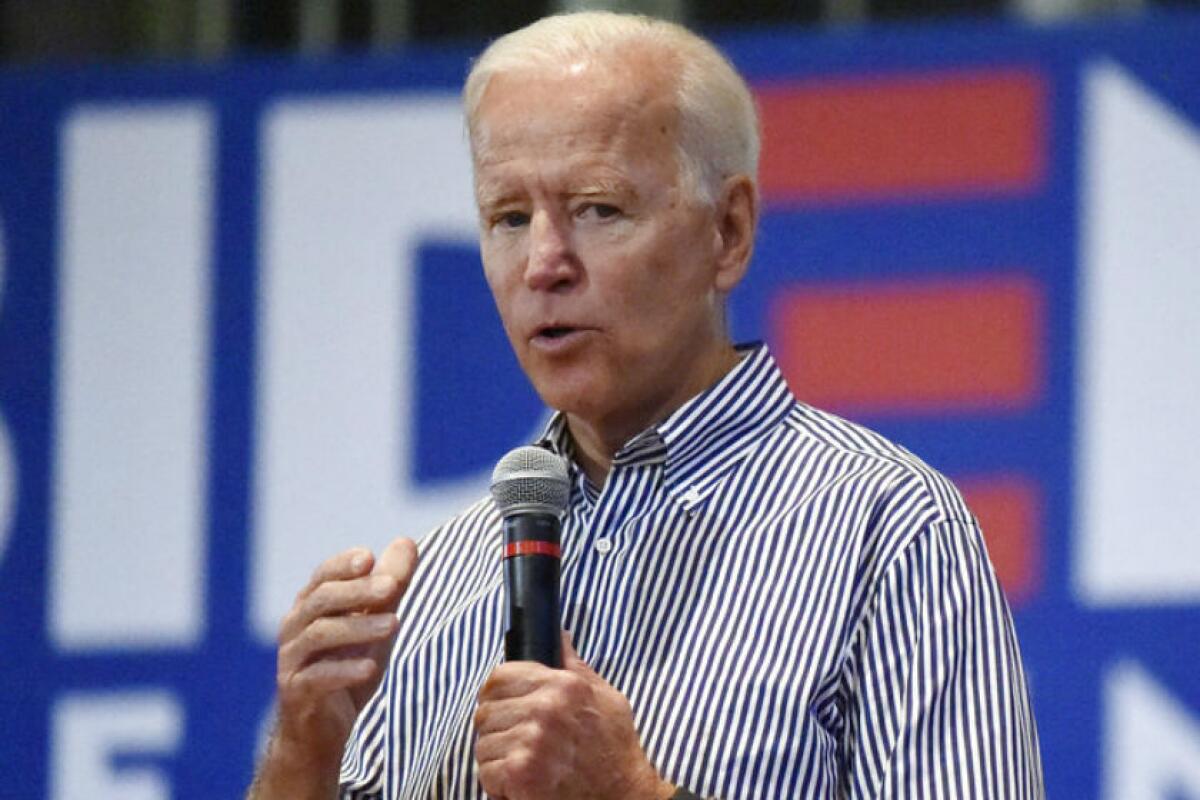
Joe Biden
Former Vice President Joe Biden has not released any agenda for housing or homelessness but is expected to do so later in the campaign. His criminal justice proposals include a goal of ensuring housing for all formerly incarcerated individuals upon release from prison. His climate change plans include support for local rules that allow denser and more affordable housing near public transit.
“In any housing that is built, you should make sure we’re building green housing,” Biden recently told Capital Public Radio in Sacramento. “Any new building that is built should be built green, so that they do not let heat or air conditioning escape, to save hundreds of millions of barrels of oil over time.”
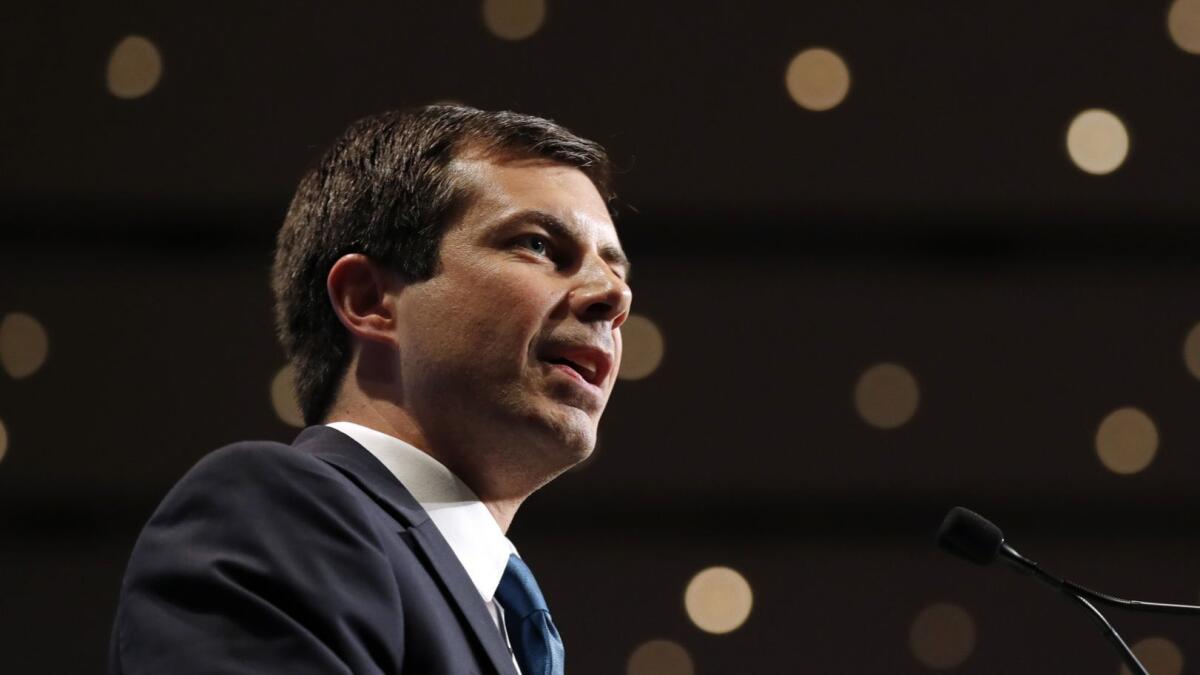
Pete Buttigieg
South Bend, Ind., Mayor Pete Buttigieg has outlined his housing policy goals, but with scant details. He promises to end homelessness for families with children, spend an unspecified amount to build more than 2 million housing units for low-income Americans, expand federal rent subsidies for the poor and increase eviction protections for tenants.
He also vows to provide federal land grants to residents of racially red-lined neighborhoods to take over abandoned properties and build homes. He pledges resources to help former prisoners find housing.
“My policy priorities will be to support more affordable housing being built and developed, and to make sure that communities are not standing in the way,” Buttigieg said in October.
Amy Klobuchar
Minnesota Sen. Amy Klobuchar’s campaign says she would spend “hundreds of billions of dollars” on programs to increase access to housing, but it is light on specifics. Klobuchar vows to expand access to Section 8 rent subsidies for the poor and spend money on emergency and long-term housing to relieve homelessness.
She also has proposed providing access to counsel for tenants facing eviction, barring landlords from discriminating against tenants based on their income and changing federal grant rules to give localities an incentive to lift zoning restrictions on housing construction.
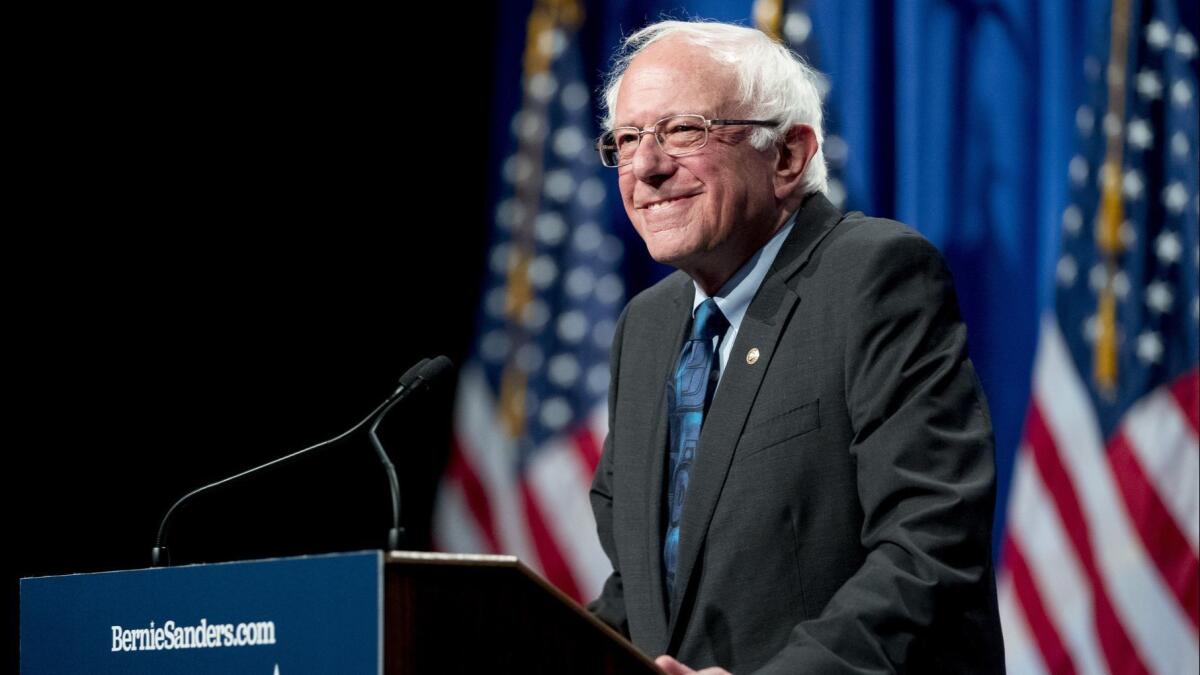
Bernie Sanders
Vermont Sen. Bernie Sanders’ housing agenda is the most ambitious and most expensive, with a cost of more than $2 trillion over 10 years.
He says he would spend $1.5 trillion on the National Housing Trust Fund to build or renovate affordable housing; $400 billion more to build 2 million units of housing for Americans of various incomes to encourage integration of communities; and $50 billion to enable 1 million families to purchase property that they co-own with other home buyers.
Sanders says he would spend $410 billion on new Section 8 rent subsidies for the poor, providing the vouchers to everyone who is eligible. He would also put $70 billion into public housing repairs and spend $2 billion to provide counsel for people facing foreclosure, eviction or loss of rent subsidies. He supports $500 million in spending on social services for the homeless. His plan would impose a cap on annual rent hikes of 3% or 1.5 times the consumer price index, whichever is higher.
“There is virtually no place in America where a full-time minimum wage worker can afford a decent two-bedroom apartment,” Sanders said when he released his housing agenda in September. “At a time when half of our people are living paycheck to paycheck, this is unacceptable.”
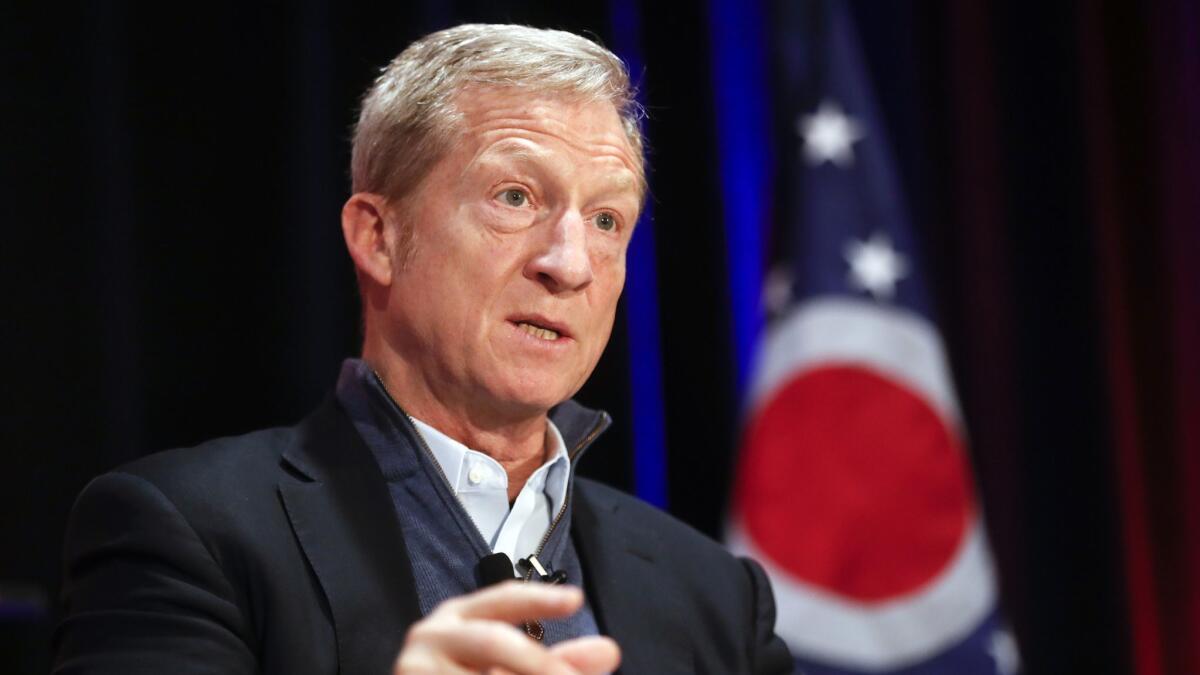
Tom Steyer
The San Francisco billionaire has not released a detailed housing agenda, but has outlined his approach in public remarks. He has promised to build 3.5 million units of more affordable housing, spending $47 billion a year on construction and renovation projects. The former hedge fund manager has also vowed to remedy racial discrimination in housing by promoting home loans in neighborhoods where redlining has occurred.
Steyer would expand the Section 8 rent voucher program to cover all households whose income is low enough to qualify. He has also pledged $10 billion a year in grants to public-private partnerships that pursue innovative solutions to the housing crisis.
Steyer also wants to create a renter emergency fund to make one-time grants or loans to low-income families facing eviction. He would put $8 billion into programs that provide housing and social services to the homeless.
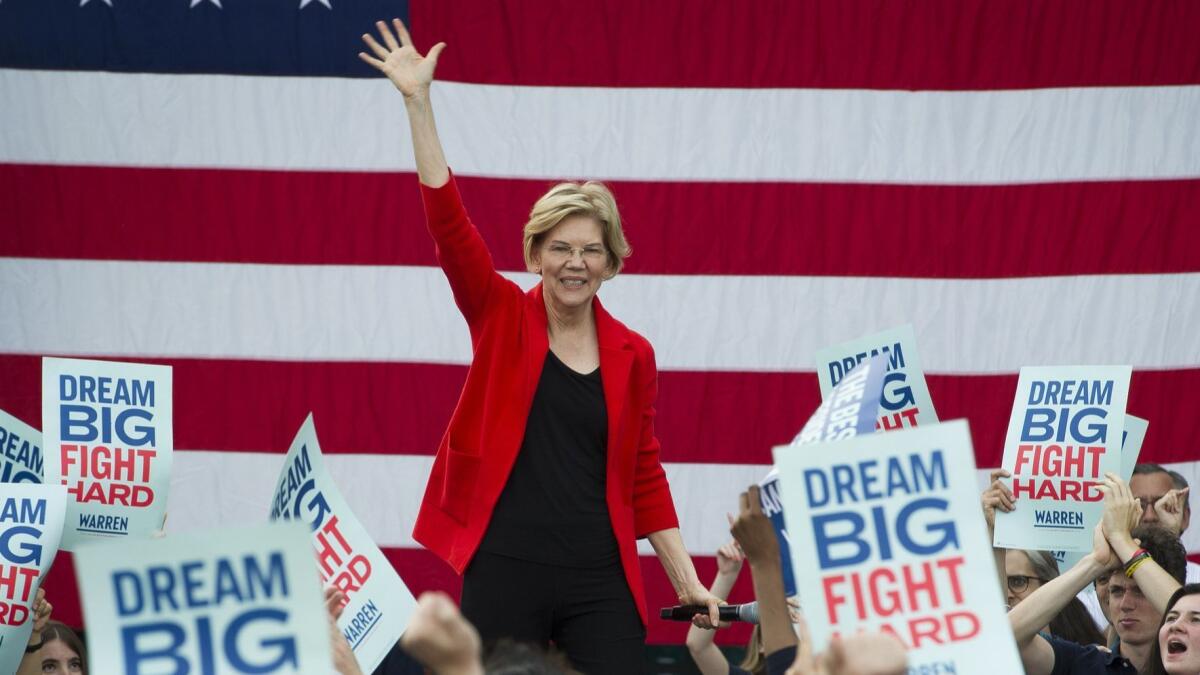
Elizabeth Warren
Massachusetts Sen. Elizabeth Warren has called for spending $500 billion over 10 years to build or refurbish units that would be affordable to low-income families. States would qualify for the money only if they adopt Warren’s agenda on tenants’ rights, including a “just cause” standard for eviction and a right to lease renewal.
Warren also wants to set up a $4-billion emergency fund to build housing for middle-class renters in places with severe housing shortages. She also backs grants to help first-time home buyers make down payments in neighborhoods with a history of racial discrimination in housing.
Warren has called for blocking states from preempting local measures to protect tenants. She wants to establish a right to counsel for low-income tenants. To safeguard renters’ rights, she would set up a tenant protection bureau in the U.S. Department of Housing and Urban Development.
Warren would block federal grants to local police departments that arrest people for sleeping on the streets. She also plans to resume federal spending on construction of public housing.
“Everyone in America should have a decent, affordable, and safe place to live,” Warren recently wrote in an online post about her housing agenda.
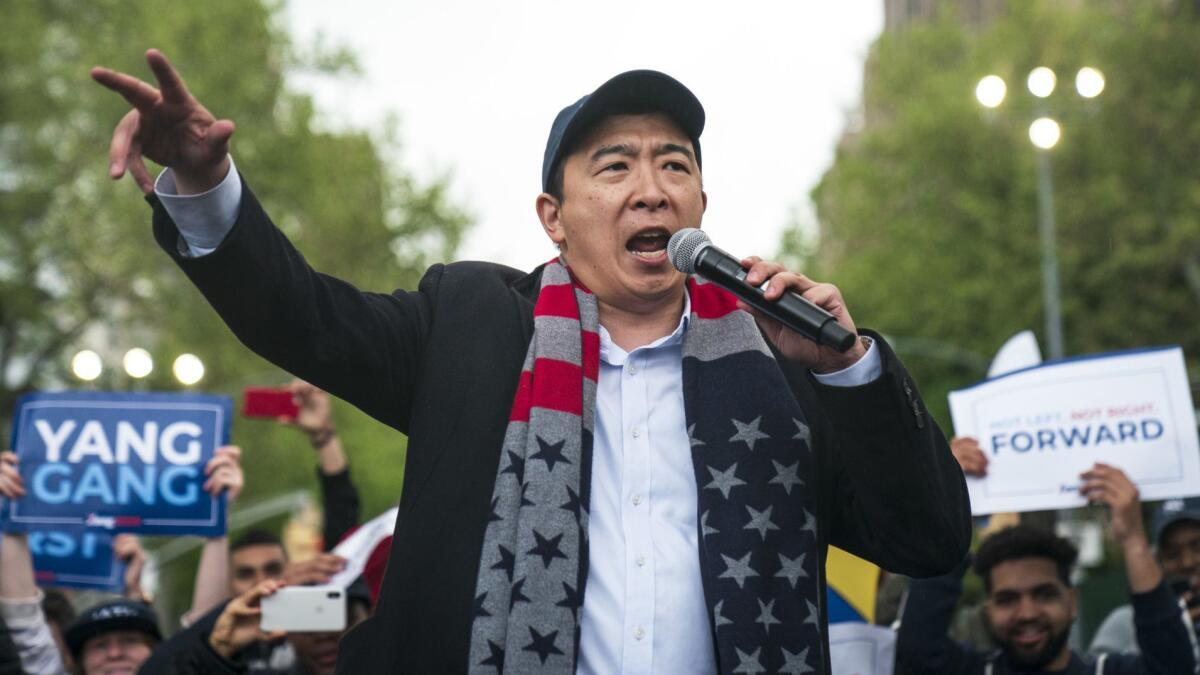
Andrew Yang
New York businessman Andrew Yang has no housing agenda. But he says his plan to provide a $1,000 monthly payment to every adult U.S. citizen could help homeless people pay for housing. Yang told Fox News that the payments “would create an economic path forward for many people who right now are struggling” and lack access to services for substance abuse or mental health. “We have to face facts, where these problems are growing in many of our cities, and our current programs are not well designed to handle this particular problem,” he said.
Where the Democratic candidates stand ...
More to Read
Get the L.A. Times Politics newsletter
Deeply reported insights into legislation, politics and policy from Sacramento, Washington and beyond. In your inbox three times per week.
You may occasionally receive promotional content from the Los Angeles Times.
